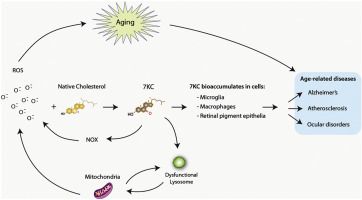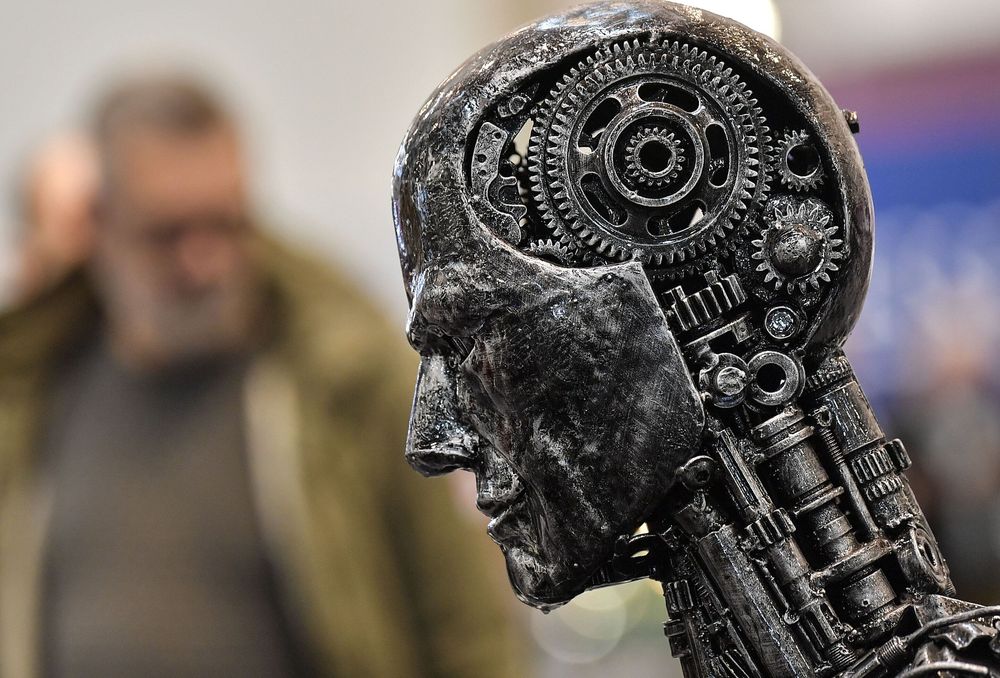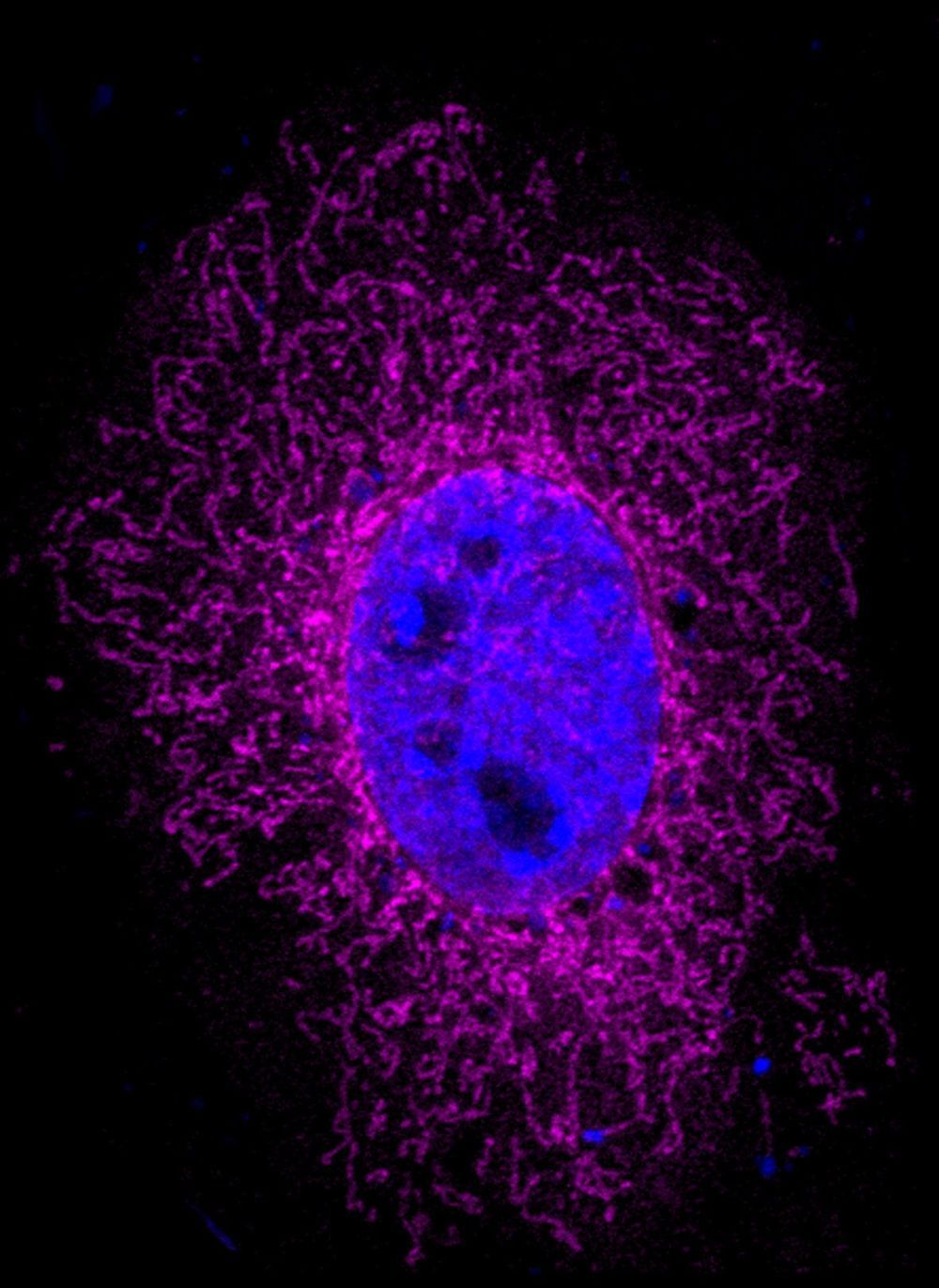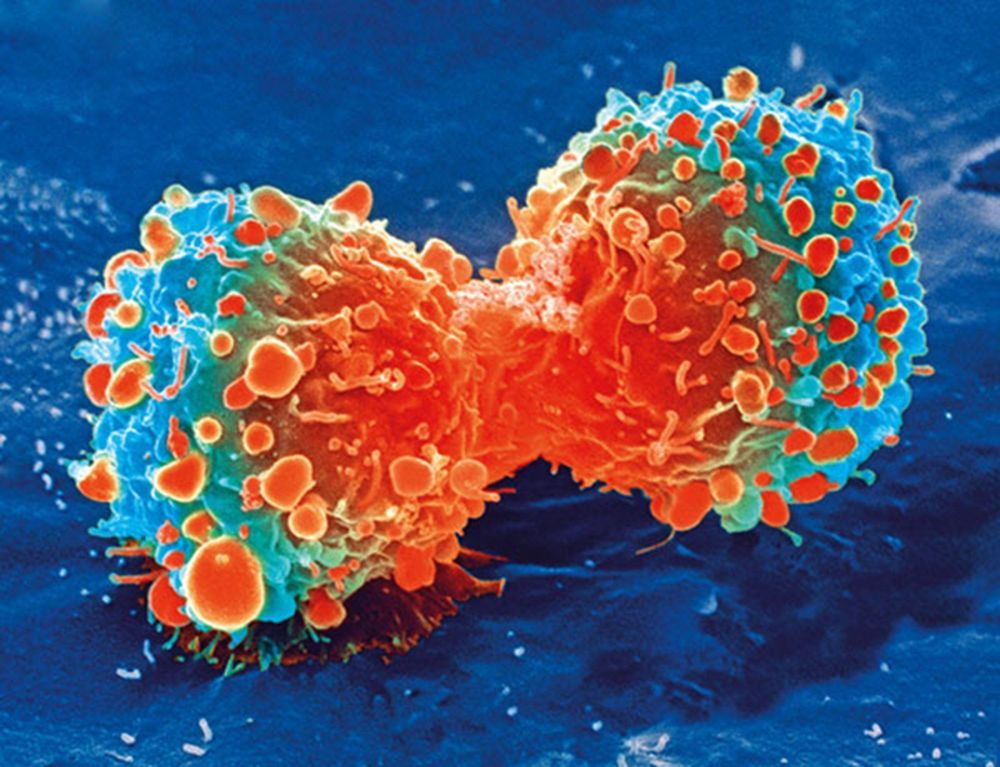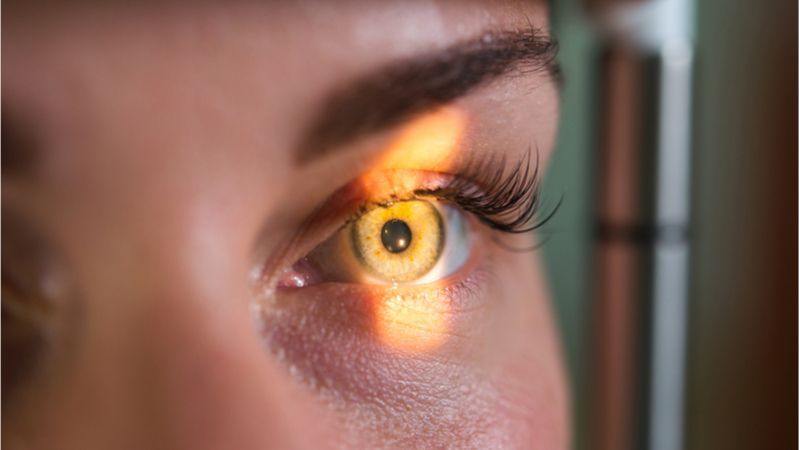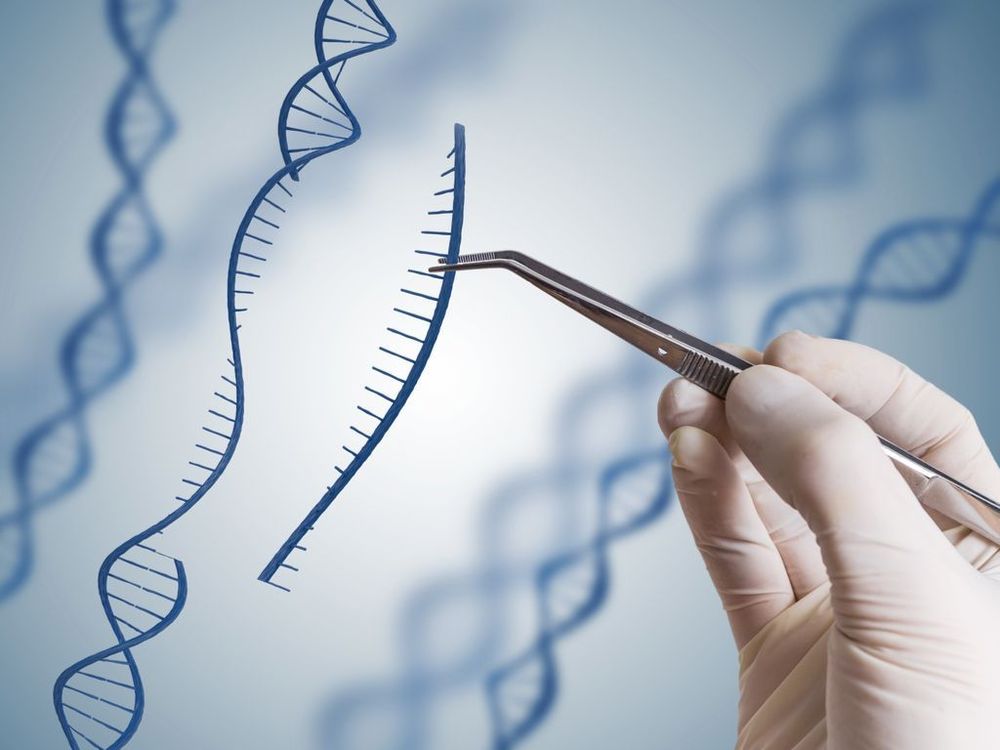US$30 Million to Seed Hundreds of Bold, Innovative Ideas for Human Longevity! — On this ideaXme (https://radioideaxme.com/) episode, I am joined by Dr. Victor Dzau, President of the U.S. National Academy of Medicine (https://nam.edu/initiatives/grand-challenge-healthy-longevity/) to talk about the potential of their Healthy Longevity Global Grand Challenge — eNag #ideaXme #VictorDzau #Wellness #Health #NationalAcademyOfMedicine #NAM #NAS #NIH #FDA #Duke #Cardiology #Longevity #Biotechnology #Regeneration #LifeExtension #Aging #Challenges #Prizes #Competitions #IraPastor #Bioquark #Regenerage
Ira Pastor, ideaXme exponential health ambassador and founder of Bioquark, interviews Dr. Victor Dzau, President of the United States National Academy of Medicine (NAM)and of the United States National Academy of Sciences (NAS).
Ira Pastor Comments:
On today’s show we are going to continue upon a theme that we started a few weeks ago, and that is in today’s (and the near future’s) world, we are facing this major demographic shift: by 2050, the estimated population of those 65+ will represent 18% of the global population, with an estimated group of 500 million octogenarians and above.
How do we continue to foster innovations to deal with this population aging that is, needless to say, poised to impose a significant strain on economies, health systems, and social structures worldwide?
